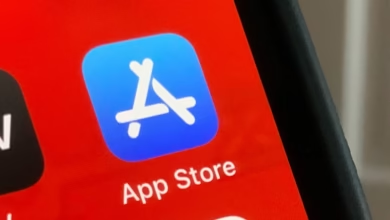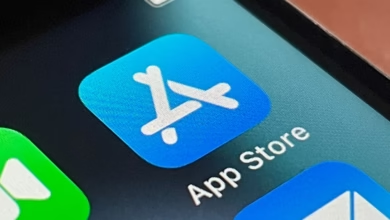Apple Opens Door to External Payments in US App Store, But a Catch Remains
Court Ruling Forces App Store Policy Shift

▼ Summary
– Apple has updated its US App Store guidelines, allowing developers to include external links for purchases, moving away from the mandatory use of Apple’s In-App Purchase system.
– The new guidelines relax “anti-steering” rules, enabling developers to inform users about alternative purchasing options without needing special permissions.
– Spotify was quick to adopt these changes, planning to update its iOS app to allow direct subscriptions via its website, with other major services likely to follow.
– Despite the new linking freedom, Apple may still collect a commission of around 27% on purchases made through external links, which remains a contentious issue for developers.
– The policy change is a result of antitrust scrutiny and legal battles, notably the Epic Games v. Apple case, but debates over platform control and fees continue.
Following sustained legal pressure culminating in court rulings, Apple has updated its App Store guidelines for the United States, marking a significant departure from its long-held policies. Developers distributing apps via the US App Store are now permitted to include links and buttons directing users to external websites for purchases, effectively ending the strict requirement to use Apple’s native In-App Purchase (IAP) system for all digital goods and services.
The updated App Review Guidelines specifically relax rules around “anti-steering” – the previous prohibitions preventing developers from informing users about alternative, potentially cheaper, purchasing options outside the app. Apple’s communication to developers highlighted changes allowing external links and calls to action without needing special permissions previously required for certain app types (like “reader” apps).
Spotify Jumps First, Others Likely to Follow
Music streaming giant Spotify, a vocal critic of Apple’s policies for years, was among the first to announce plans to update its iOS app to take advantage of the new rules. In a blog post, Spotify celebrated the change, stating users could finally see clear pricing information and links to subscribe directly via Spotify’s website within the app.
This change paves the way for other major subscription services like Netflix, Amazon, and Max to potentially offer similar direct links, simplifying the process for users to manage subscriptions acquired outside the App Store ecosystem directly from their iPhones or iPads.
The Developer’s Dilemma: The Commission Question
While the ability to link out represents a victory for developers seeking more direct customer relationships, it doesn’t necessarily mean a complete escape from Apple’s fees. Apple has previously outlined plans (and faced legal challenges over them) to still collect a commission – potentially around 27% (down slightly from the standard 30%) – on purchases made through these external links, provided developers use specific Apple APIs or meet certain criteria triggering the fee.
This ongoing commission structure remains a major point of contention for many developers, including Epic Games. Epic CEO Tim Sweeney reacted to the US-only changes by offering Apple a “peace proposal,” suggesting Epic would bring Fortnite back to the iPhone globally if Apple applied these less restrictive linking policies worldwide, implicitly criticizing both the geographic limitation and the continued commission demands.
A Step Forward, But the Debate Continues
This policy update marks a tangible shift in the US App Store landscape, directly resulting from years of antitrust scrutiny and litigation, most notably the landmark Epic Games v. Apple case. While developers gain new freedom to communicate with their users about purchasing options, the battle over platform control and commission fees appears far from over, especially regarding the terms Apple imposes on these newly permitted external transactions and the global application of such rules.






